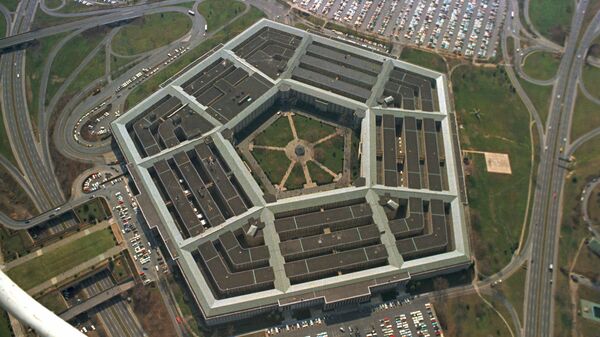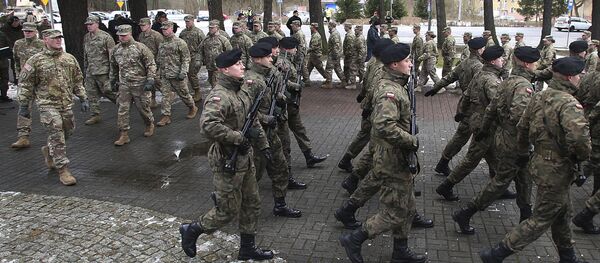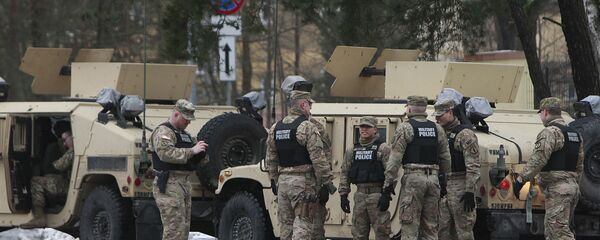Finalizing plans for the new base would expand the American military presence that already has a footprint in 144 countries. Yet the military industrial complex's accelerated growth under the Trump administration barely registered as an issue worth mentioning in the most recent midterm elections.
"We are working out the details on what the offer is, what can best contribute to alliance unity, to alliance security and to the continued strengthening of the bilateral relationship," Defense Secretary Mattis said prior to meeting with his Polish counterpart, Stars and Stripes reported Wednesday.
Poland's tactic to sway the US President Donald Trump into agreeing to a new foreign military base was to play to the president's self-centeredness and real estate background; Warsaw could grant Trump naming rights over the new base. "I would very much like for us to set up a permanent base in Poland, which we would call Fort Trump," Polish President Andrzej Duda said during a joint news conference with Trump in September at the White House.
Blazej Spychalski, a spokesman for Duda, said at the end of September that the Polish government was willing to pay $2 billion of the costs to build Fort Trump, including costs associated with medical facilities and housing for American troops amid worries about Russian aggression.
Alternatively, Belarus President Alexander Lukashenko said last week that he'd allow a build-up of Russian military assets in his country if Poland moves forward with plans for an American military base, according to the Stars and Stripes report.
Mattis hasn't publicly thrown his support behind Fort Trump, yet he hasn't expressed opposition to it either, the report said. In any event, the Polish defense minister tempered expectations about when Fort Trump could materialize, telling Polish media Thursday that "this has only been a second meeting of the working group. Many more meetings are required."
Several US analysts argue that putting a new military base in Poland is unnecessary. Michael Kofman, a fellow at the Kennan Institute, Woodrow Wilson International Center in Washington, DC, wrote in a report for War on the Rocks last month saying that "an armored division in Poland is an answer to a question that's not being asked."
So far, Russian forces are not mobilizing en masse in Belarus, Russian divisions are not being placed upon NATO borders, "and Russia is not creating a large reserve designed to occupy foreign territory," Kofman reported.
Further, "there's no massive expansion of Russia's military footprint in Kaliningrad or St. Petersburg, and no cause for urgency to add forces to Eastern Europe," Kofman noted.
Retired US Army officer Ben Hodges, who served as commanding general of the US Army's Europe Command, pointed out in a report for Politico that "many of our allies would see the establishment of a US military base in Poland — or anywhere else in Central or Eastern Europe — as unnecessarily provocative."




